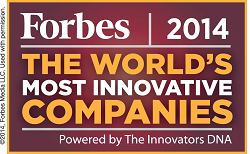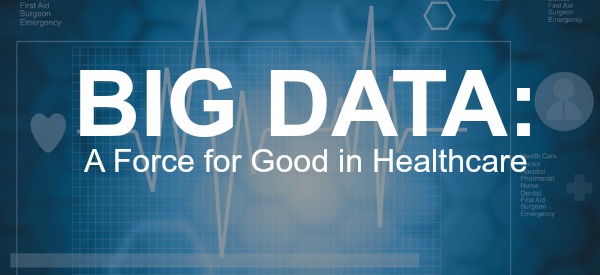
 Experian has been named to Forbes’ list of the top 100 most innovative companies in the world.
The world’s most innovative companies were united by one factor at the heart of Forbes’ methodology: ‘investors’ ability to identify firms they expect to be innovative now and in the future.
This ‘Innovation Premium’, alongside other factors, determined whether a company is included in Forbes’ exclusive list.
Experian has been named to Forbes’ list of the top 100 most innovative companies in the world.
The world’s most innovative companies were united by one factor at the heart of Forbes’ methodology: ‘investors’ ability to identify firms they expect to be innovative now and in the future.
This ‘Innovation Premium’, alongside other factors, determined whether a company is included in Forbes’ exclusive list.

One of my favorite sayings growing up as a kid was, “One man’s trash is another man’s treasure.” While these words can have a very literal meaning, at its essence, it means that everything has a value to someone. There couldn’t be a more fitting circumstance to apply this saying than when you look at the automotive industry, especially in relation to leased and certified used vehicles. After all, most certified used vehicles were once leases.

 With all the discussions around the risks of big data, the fact that it can be used as a powerful enabler of good seems to be missed. The benefits of big data can be seen throughout our day to day lives from simple things like traffic alerts to more impactful purposes like those seen in today’s healthcare environment.
At Experian we serve more than 2,800 hospitals and 9,000 physician practices and use big data to help serve their patients as quickly and efficiently as possible. Our data and technology guides hospitals, physicians and patients step by step through an increasingly complex healthcare process.
With all the discussions around the risks of big data, the fact that it can be used as a powerful enabler of good seems to be missed. The benefits of big data can be seen throughout our day to day lives from simple things like traffic alerts to more impactful purposes like those seen in today’s healthcare environment.
With all the discussions around the risks of big data, the fact that it can be used as a powerful enabler of good seems to be missed. The benefits of big data can be seen throughout our day to day lives from simple things like traffic alerts to more impactful purposes like those seen in today’s healthcare environment.
At Experian we serve more than 2,800 hospitals and 9,000 physician practices and use big data to help serve their patients as quickly and efficiently as possible. Our data and technology guides hospitals, physicians and patients step by step through an increasingly complex healthcare process.
With all the discussions around the risks of big data, the fact that it can be used as a powerful enabler of good seems to be missed. The benefits of big data can be seen throughout our day to day lives from simple things like traffic alerts to more impactful purposes like those seen in today’s healthcare environment.


